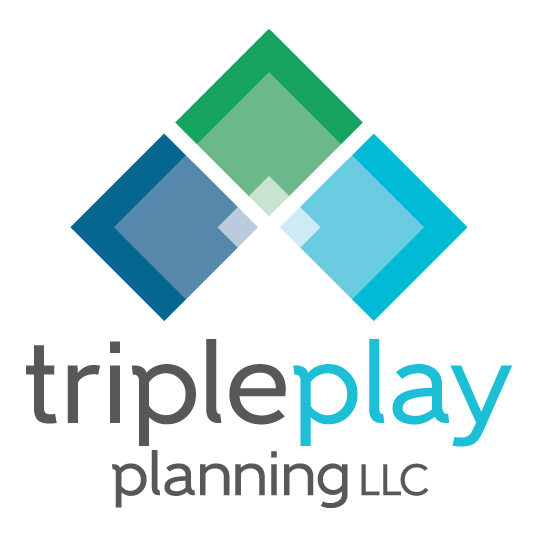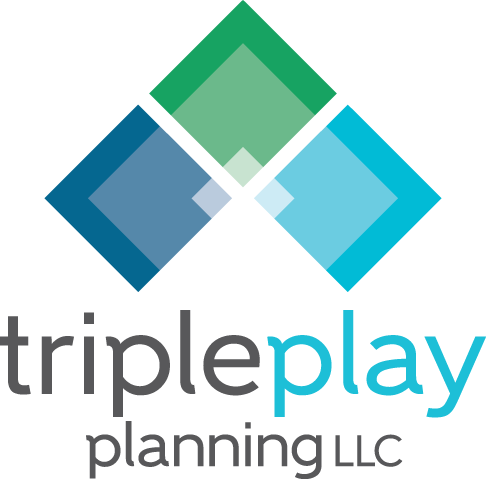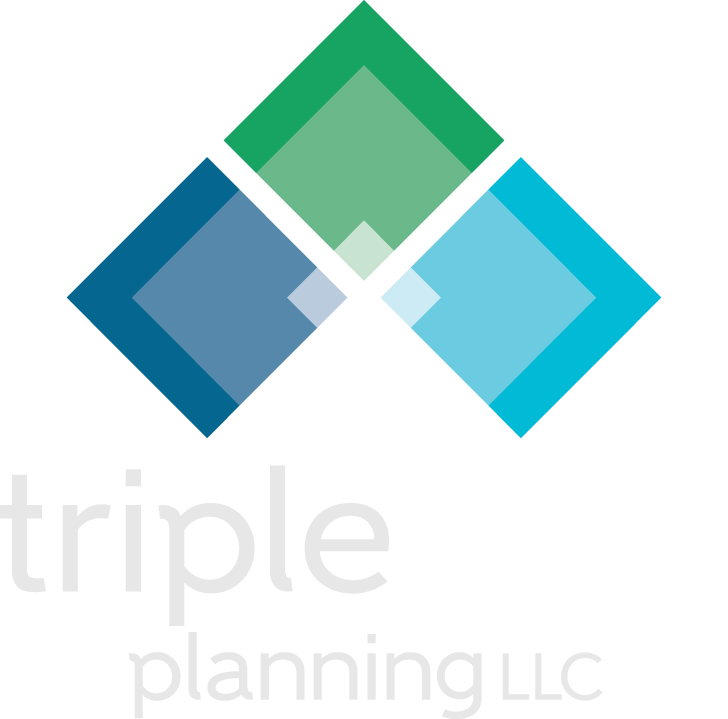Nolan’s College Choice

If you are in the market to buy a house, you don’t start looking for one you love in a neighborhood you know you can’t afford. So why is finding a college for your son or daughter any different?
Often I will hear someone tell their child “go ahead and apply and if you get in, we’ll figure out the money later.” Sorry, I’m not a fan of this approach. Why let them fall in love with a school that you or they can’t afford? The money conversation needs to be had, even the part about how much you might owe per month coming out of college, along with your expected starting salary and the rest of life’s expenses.
Being the first in my family to go to college, my parents were great in pushing me in that direction (thanks Mom & Dad!), but none of us really had any idea of where or how to start. So naturally, I started with what was my number one priority at that time, baseball. Three semesters later, I left Canisius College with lots of student loans and the knowledge that I was not a D1 baseball player. Next stop, a trip back to the drawing board to try and find a school that made more sense for me.
Flash forward to 2024. I have a high school senior! He’s going to college! Where do we start? We started with the money(of course). We had a discussion with Nolan about how much different colleges cost. We talked about what kind of funding we were willing to provide for him. If you’ve been out of the game for a while, you might be surprised to see that lots of big-name schools are charging upwards of $80k per year. Yes, that’s $320k for a four-year degree.
The thing to know about colleges these days, there are lots of them. Some of them really need your business. Others get so many applications, they don’t need your business. If you put that into the economics framework of supply and demand, there are lots of schools that can charge upwards of $80k per year, and provide you with no merit aid at all. They get way more applications than seats available. But that also means that there are some very good schools out there that need good students, as their numbers might be trending lower. Being products of state schools ourselves (go UB Bulls!), Brooke and I both feel that the most important name on that degree is your own name.
We knew that each of the schools on his list were doable from a money perspective, because we started with the end in mind.
We had open discussions about with Nolan about what he wanted to do. We asked where he wanted to be. We talked about money. It’s important to set realistic expectations from the start. We talked about what kind of degree he might get. We looked at what starting salaries might look like after school. We discussed how much money in student loans he might be comfortable with after school ends (his answer “none”). Using this information and some helpful college planning software, we were able to put together a list of 100 plus schools that Nolan could consider. We gave him the spreadsheet, asked him to do some research, and he narrowed it down to 10 or so schools to apply to. From there, we had him apply, and then we waited to see where he got in. We knew that each of the schools on his list were doable from a money perspective, because we started with the end in mind.
There is a lot of pressure to make the right choice. How many of you reading this knew what you wanted to be when you were 18? How many of you finished college where you started? How many of you had no idea what kind of monetary commitment you were making when you signed those student loan papers at the bursar’s office? There is almost always a lot of uncertainty riding on this big decision. We don’t know for sure that he is making the right choice, but we do know for sure that he is not making a bad choice. All the bad choices were taken off the table from the start.
We are very happy to say that Nolan appears to have found a good fit for him. He’s heading off to Oswego College in the fall. He’s going to be a Laker! And if he graduates in four years, his parent’s will have the tab covered in full. I’m glad we started with the money conversation. You should too. After all, it makes no sense to put in that offer on that college you can’t afford.



